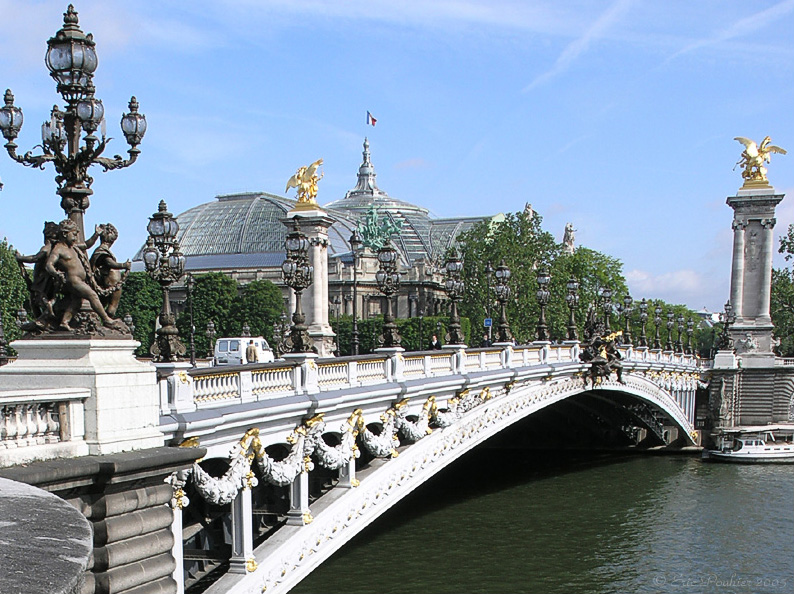The construction of an onion-domed cathedral by the Eiffel Tower was considered by many as a brilliant diplomatic coup by Russia.
At least two other countries, Saudi Arabia and Canada, were vying for the most prized property by the Seine, the first to be built in the French capital in more than a century, but Russia won design approval in December 2013 from the Paris Prefecture after a rival bid from Saudi Arabia for a giant mosque was rejected.
The Quai d’Orsay, France’s foreign ministry, and the DCRI, its secret service, is worried however, as the building is situated not too far from a sensitive diplomatic compound.
The Palais de l’Alma – Napoleon III’s former stables – contains the Elysée postal service as well as housing France’s supreme magistrates’ council.
But above all, it houses the 16 private apartments of top presidential aides. Chief among these is Jean-David Levitte, a top diplomatic adviser formerly to Nicholas Sarkozy, who wields more power than the foreign minister and his chief of staff.
French counterespionage became concerned when, according to Le Nouvel Observateur, the weekly magazine, Vladimir Kozhin, a former KGB agent and head of the powerful Kremlin property department, became involved. Since the election of President Sarkozy in 2007, Russian spying has scaled new heights, they say.
The Kremlin’s property department with 50,000 employees, manages an empire of hotels and Russian churches overseas as well as all state property and Kozhin is a close associate of Vladimir Putin.
The construction of the Paris cathedral is seen as a move to regain the confidence of the Russian Diaspora in France as well as representing Russian power in western Europe. It’s the first Russian monument built in Paris since the spectacular Alexander III bridge in 1896.
The capital’s former mayor, Bertrand Delanoe, has spouted bile against the complex and called it “inappropriate in relation to the Eiffel Tower” and “incompatible” with an area classified as a world heritage site.
The Socialist Delanoe, said Paris deserved “more than mediocre architecture conceived in a hurry” and hoped UNESCO would block the complex.
A Russian presidential spokesman in Moscow said the Paris mayor could not block the decision made by the French president. “This is his personal opinion … and it has no legal significance,” Viktor Khrekov told RIA-Novosti news agency.
Aside from serving as a cathedral, the centre will also house a bilingual school and cultural services of the Russian embassy, another reason for mounting fears of cold war-style espionage in the heart of Paris.
Archbishop Marc d’Egorievsk, who represents the Moscow patriarchy, said the design was chosen because its scheme “blends orthodox tradition and the modernity of a city like Paris”.
The cathedral will include a public garden with terraces as well as a library, classrooms, a reception hall and lodgings for church representatives.



No comments.
By submitting a comment you grant Free West Media a perpetual license to reproduce your words and name/web site in attribution. Inappropriate and irrelevant comments will be removed at an admin’s discretion. Your email is used for verification purposes only, it will never be shared.